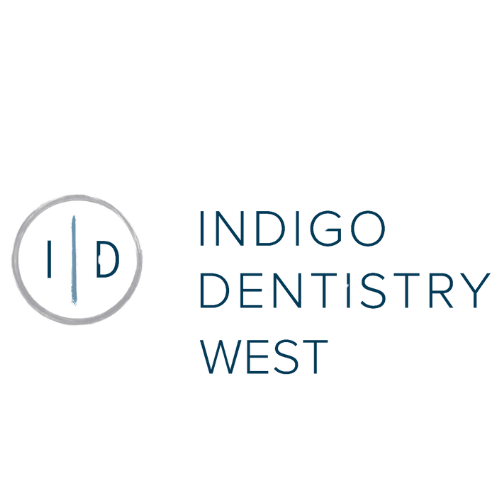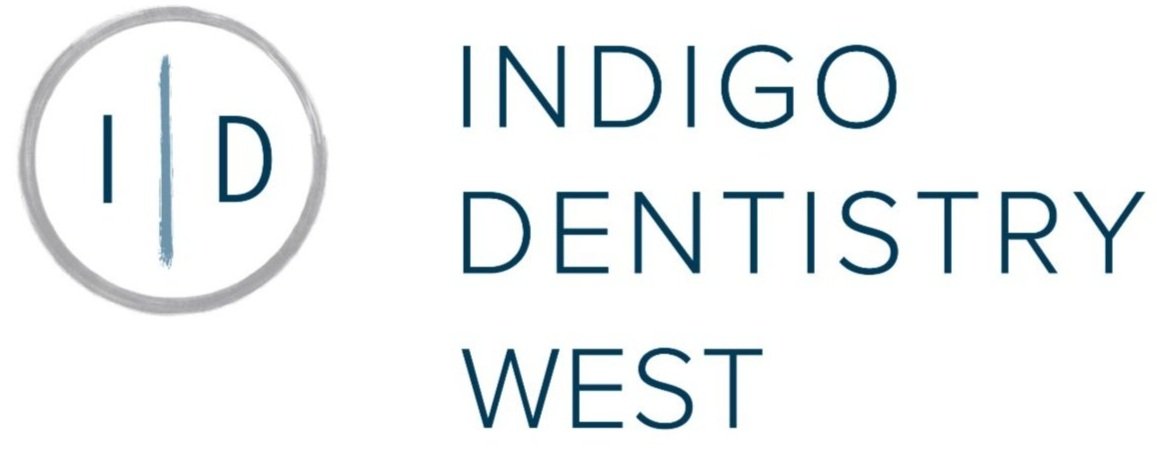The Importance of Tongue Brushing
Maintaining optimal oral hygiene is essential for preventing dental problems and promoting overall health. While most people understand the importance of brushing their teeth, many overlook the significance of tongue brushing. The tongue can harbor bacteria and plaque buildup, leading to bad breath and other oral health issues. In this guide, Dr. Hair of Indigo Dentistry West explains the importance of tongue brushing and provides valuable tips for incorporating this practice into your daily oral hygiene routine.
Proper oral hygiene extends beyond just brushing your teeth. Tongue brushing is a crucial aspect that should not be neglected. The tongue harbors a significant amount of bacteria, food particles, and dead cells. This accumulation can lead to bad breath, gum disease, and even tooth decay. Tongue brushing helps to remove these harmful bacteria and particles, promoting fresh breath and a healthier mouth. By incorporating this practice into your daily oral hygiene routine, you will enhance the effectiveness of your overall dental care. Regular tongue brushing should be done gently using a toothbrush or a tongue scraper. Start at the back of the tongue and move forward, focusing on all areas. Don't forget to rinse your mouth afterwards. By making tongue brushing a priority, you can ensure optimal oral hygiene, leading to a healthier and more confident smile. Stay tuned for our next section, where we will discuss the best techniques for effective tongue brushing.
Bacteria on the tongue can wreak havoc on your oral health if not properly addressed. As mentioned earlier, the tongue harbors a significant amount of bacteria, food particles, and dead cells. These substances can form a sticky film called biofilm or plaque, which coats the tongue's surface. If left unchecked, this plaque buildup can contribute to the development of dental problems such as gum disease and tooth decay. When the bacteria present on the tongue make their way to the gums, they can cause inflammation and infection, leading to gum disease. Additionally, the bacteria can produce acids that attack the tooth enamel, leading to tooth decay. Therefore, it is essential to incorporate tongue brushing into your daily oral hygiene routine to remove these harmful bacteria and prevent the formation of plaque. Stay tuned for our next section, where we will discuss the best techniques for effective tongue brushing.
Tongue brushing offers numerous benefits for your overall oral health. First and foremost, it helps remove the bacteria and food particles that can lead to bad breath. By thoroughly cleaning the surface of your tongue, you can reduce the occurrence of unpleasant odors and enjoy fresher breath throughout the day. In addition to combatting bad breath, tongue brushing also plays a vital role in preventing gum disease and tooth decay. As mentioned in the previous section, the bacteria present on the tongue can migrate to the gums and cause inflammation and infection. By regularly brushing your tongue, you can remove these harmful bacteria and minimize the risk of developing gum disease. Tongue brushing helps maintain a healthy balance of oral bacteria. It reduces the chance of harmful bacteria outnumbering the beneficial bacteria present in your mouth, thereby promoting a healthier oral environment.
Now that we understand the importance of tongue brushing for optimal oral hygiene, it's time to learn the best techniques and tools to effectively brush your tongue. Follow this step-by-step guide to ensure you're getting the most out of your tongue brushing routine:
Step 1: Choose the right tool
Invest in a tongue scraper or a toothbrush with a tongue cleaner on the back. These tools are specifically designed to remove bacteria and debris from the surface of your tongue.
Step 2: Position the tool correctly
Extend your tongue and place the scraper or cleaner at the back of your tongue.
Step 3: Apply gentle pressure
Using a firm but gentle pressure, scrape or brush the tool from the back of your tongue to the front. Make sure to cover the entire surface.
Step 4: Rinse the tool
After each stroke, rinse the tool under warm water to remove any bacteria or debris that may have accumulated.
Step 5: Repeat every day
Incorporate tongue brushing into your daily oral hygiene routine, ideally twice a day, to maintain a clean and healthy tongue.
By following these simple steps, you'll be on your way to enjoying fresher breath, preventing gum disease, and maintaining a healthier oral environment. Stay tuned for the final section, where we'll address some common mistakes to avoid when tongue brushing.
While tongue brushing is an essential component of maintaining optimal oral hygiene, it is equally important to incorporate other practices into your daily routine. By doing so, you can further enhance the health of your mouth and prevent various oral health issues. Here are some additional practices to complement tongue brushing:
a. Brushing and flossing: Regularly brushing your teeth twice a day and flossing at least once a day is crucial for removing plaque and preventing cavities and gum disease.
b. Using mouthwash: Incorporating an antimicrobial mouthwash into your routine can help kill bacteria and freshen your breath.
c. Drinking water: Staying hydrated by drinking plenty of water throughout the day can help flush away food particles and stimulate saliva production, which aids in maintaining oral health.
d. Avoiding tobacco and excessive alcohol: Smoking and excessive alcohol consumption can contribute to poor oral health, so it's best to avoid these habits.
By combining these practices with regular tongue brushing, you can ensure a clean, healthy mouth and a confident smile. In the final section, we will address some common mistakes to avoid when tongue brushing to maximize the benefits of this practice.
While incorporating good oral hygiene practices into your daily routine is crucial, it is equally important to seek professional dental care on a regular basis. Visiting your dentist at least twice a year for routine check-ups and cleanings is key to maintaining optimal oral health. Professional dental care offers several benefits that go beyond what you can achieve through at-home practices alone. During these appointments, your dentist will thoroughly examine your mouth, identifying any potential issues or areas of concern. They will also provide a deep cleaning, removing stubborn plaque and tartar buildup that cannot be easily eliminated with regular brushing and flossing. Additionally, your dentist can offer personalized advice and guidance on how to improve your oral hygiene routine. They may recommend specific products or techniques based on your unique needs and address any questions or concerns you may have. By combining professional dental care with your at-home oral hygiene routine, you can ensure that your mouth remains healthy, preventing the development of more serious dental problems down the line. In the upcoming section, we will discuss common mistakes to avoid when tongue brushing to maximize the benefits of this practice.
Tongue brushing is an often overlooked but vital aspect of maintaining optimal oral health. In the previous section, we discussed the importance of professional dental care and how it complements your at-home oral hygiene routine. Now, let's focus on why you should make tongue brushing a part of your daily routine. The tongue harbors numerous bacteria, food particles, and dead cells, which can contribute to bad breath, tooth decay, and other oral health issues. By incorporating tongue brushing into your daily routine, you can effectively remove these harmful substances. Not only does tongue brushing improve your breath, but it also enhances the overall cleanliness of your mouth. It can help prevent the formation of plaque on your teeth and reduce the likelihood of cavities.

